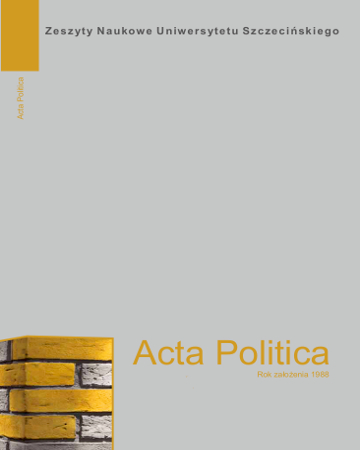Elastyczna integracja w europejskim procesie integracyjnym.
Elastyczna integracja w europejskim procesie integracyjnym.
Wybrane zagadnienia
Author(s): Elżbieta LesiewiczSubject(s): Politics / Political Sciences, Politics, EU-Approach / EU-Accession / EU-Development
Published by: Wydawnictwo Naukowe Uniwersytetu Szczecińskiego
Keywords: European Union; integration process; flexible integration; the Multi-Speed European Union; Á la Carte Europe; Variable-Geometry Europe
Summary/Abstract: After the Second World War the question of the unified Europe became the central point of attention. However, it has been a difficult (sometimes even impossible) task to develop and implement a common concept concerning the integrity of Europe. Over the years, the intensification of integration processes and an increase in the number of the EU members states have diversified the Union s structure as well as enhanced its internal diversity. In such circumstances, the application of the flexible integration concept, definedas one of the EU basic principles, became crucial. The flexible integration elements were introduced to the primary law in the form of an enhanced cooperation mechanism relatively late, namely via the Treaty of Amsterdam. Nevertheless, the European initiatives in which not all of the member states took part (for instance, the Schengen Agreement, or the Economic and Monetary Union) already existed. In the current considerations attention is drawn to the fact that certain forms of "flexibility" existed since the beginning of the integration process and continued through the subsequent stages of the Union's broadening and deepening; the developments which, to an extent, facilitated the acceptance of the flexible solutions. Although the flexibility policy is inconsistent with the European integration paradigm, it has accompanied thisprocess since the beginning and is now vital for its continuation of the integration process. The issue of the flexible integration fits well in between two competing theoretical concepts - these of federalism and intergovernmentalism — whose theoretical approaches recognise and respect the diverse European reality.
Journal: Acta Politica Polonica
- Issue Year: 2015
- Issue No: 31
- Page Range: 27-43
- Page Count: 17
- Language: English

